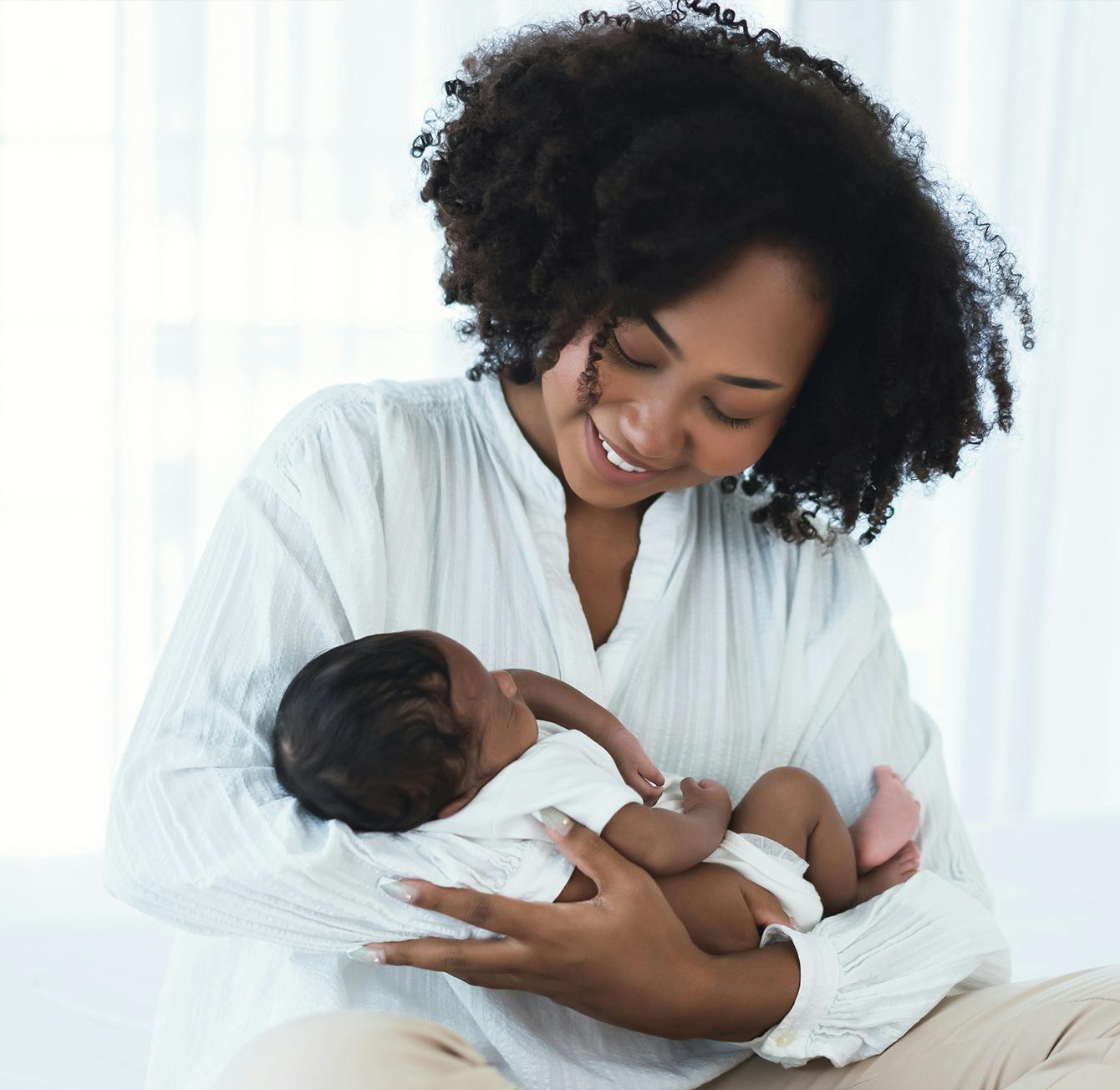Nearly three of every one thousand babies are born with some form of hearing loss. In most cases, however, hearing issues aren’t discovered in children until they are at least two years old. The first two years of a child’s life are hugely important in physical development as well as in forming emotional, learning and communication skills. Because of this, babies with moderate to severe hearing loss often experience major developmental setbacks.
False positives for hearing loss are common in newborn screenings.
Your baby’s first hearing screening will likely be performed within a few hours or days of birth. Statistics show that between 2–10 percent of infant hearing tests indicate hearing loss, while only 0.003 percent of infants actually suffer from a permanent hearing impairment condition. Rather than a diagnosis, these tests are administered in order to help parents identify a potential problem as early as possible, promoting the prevention of developmental disorders.



